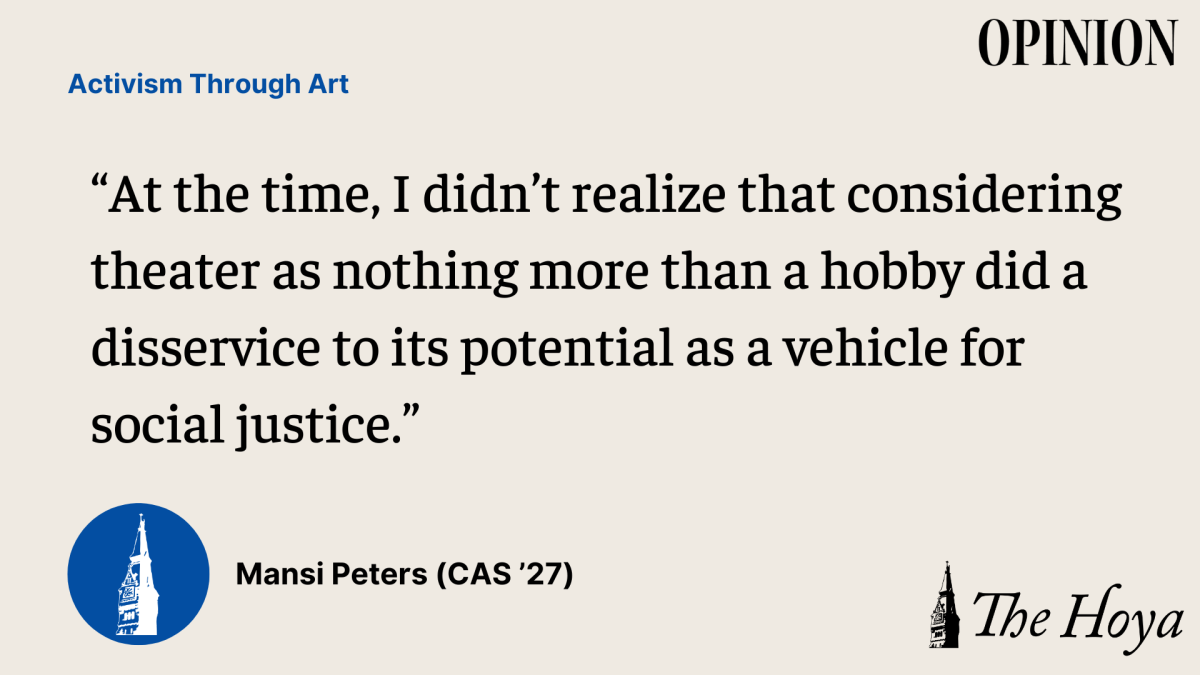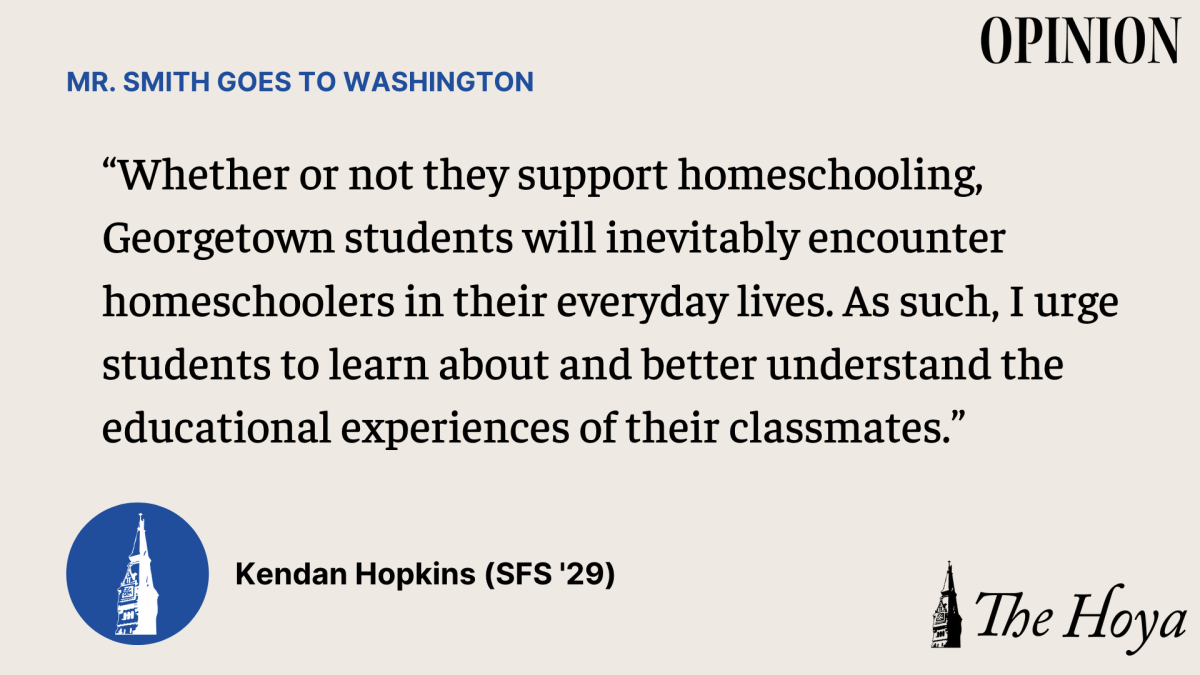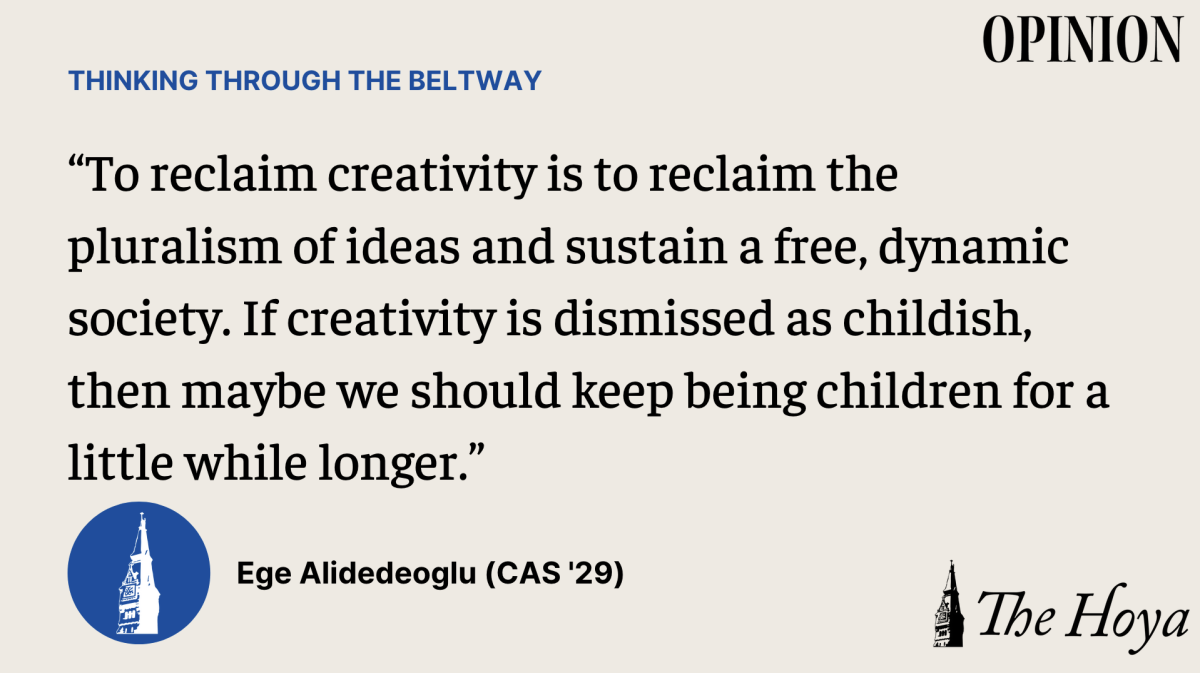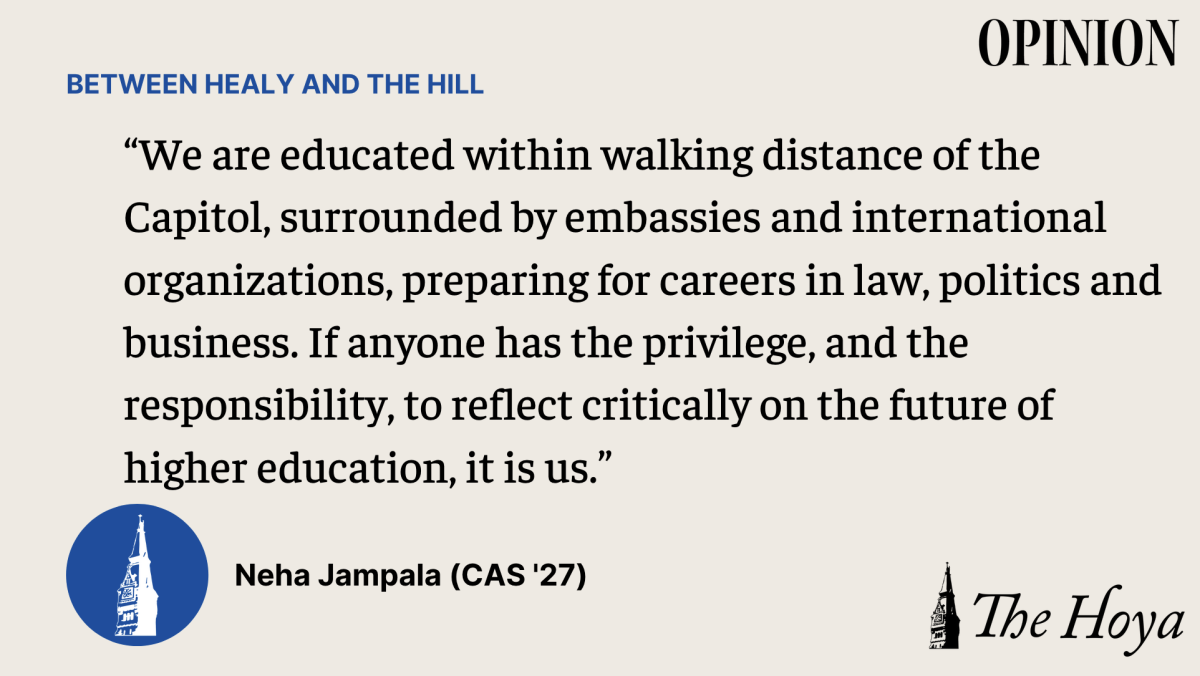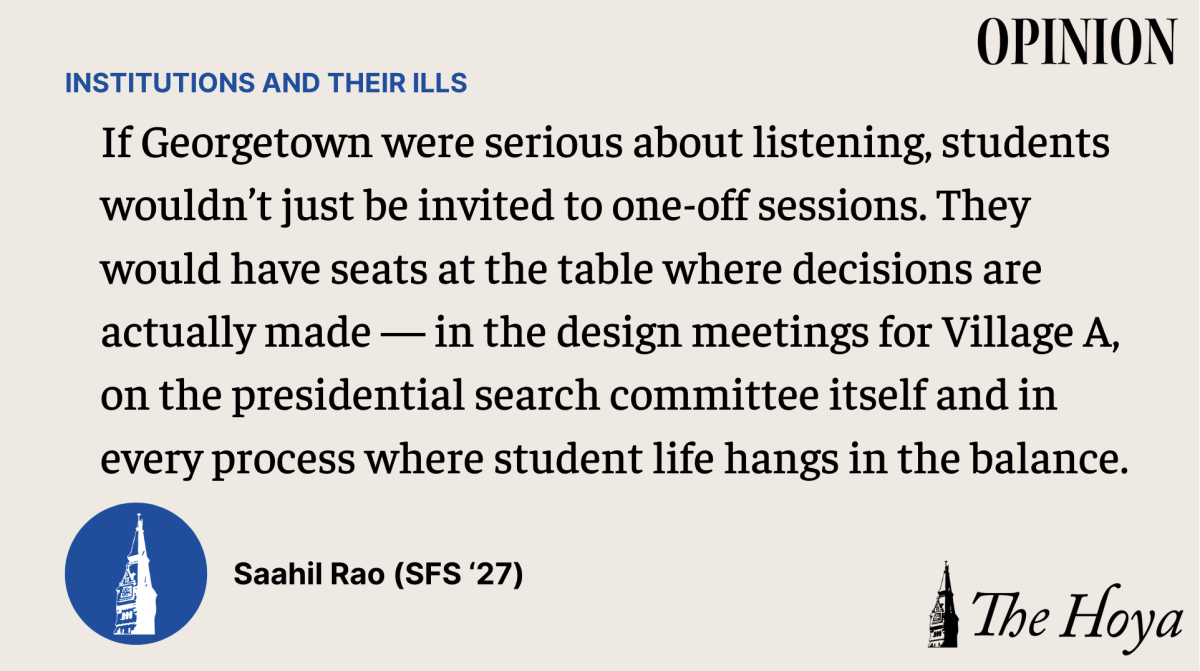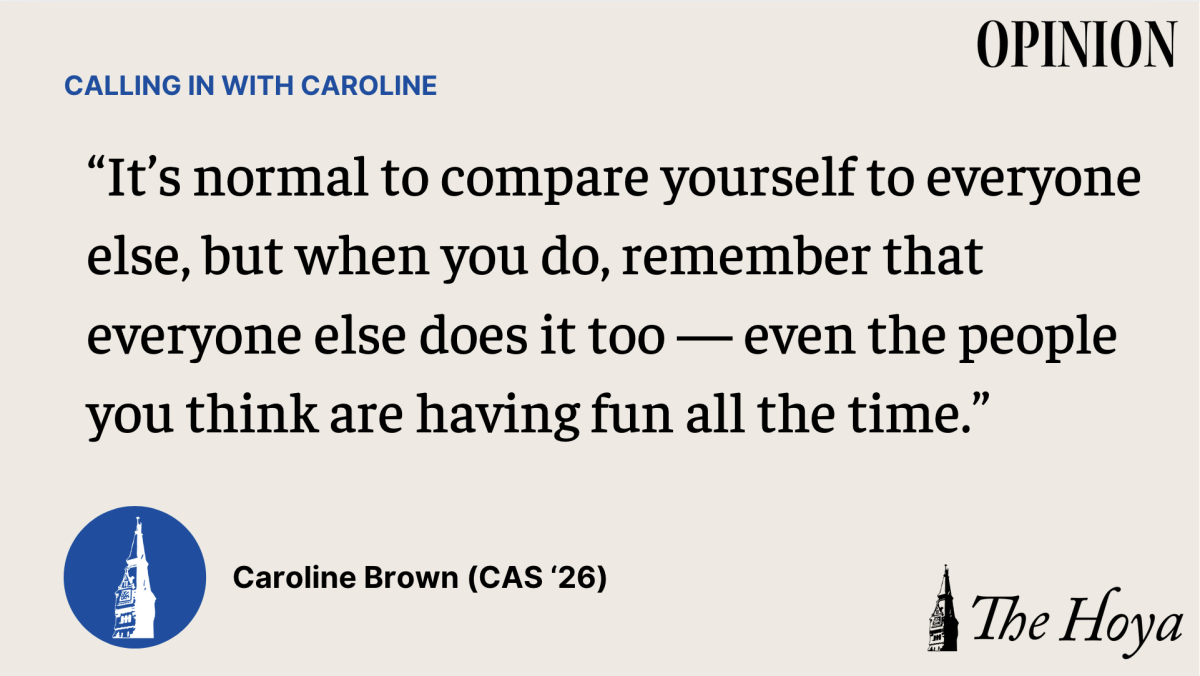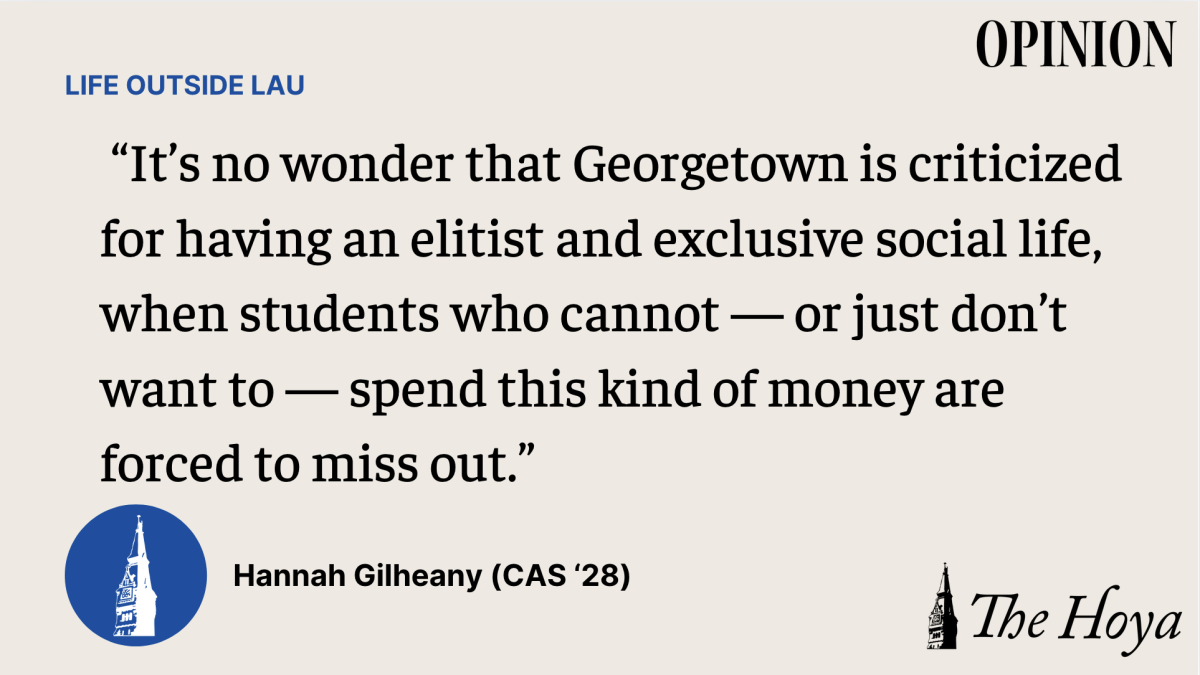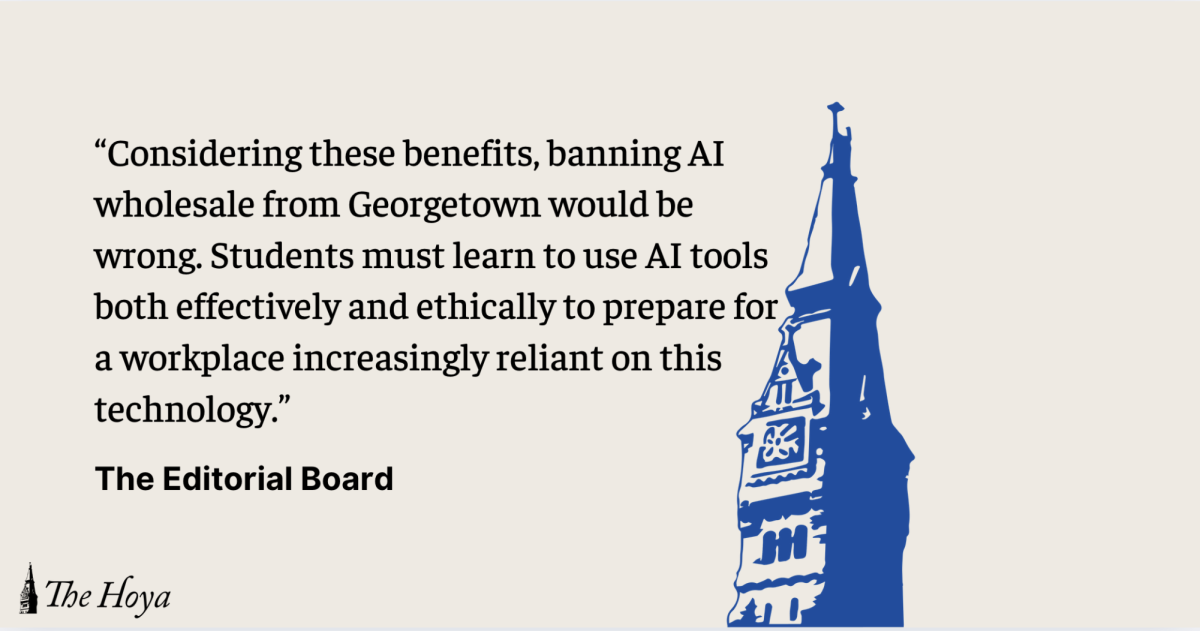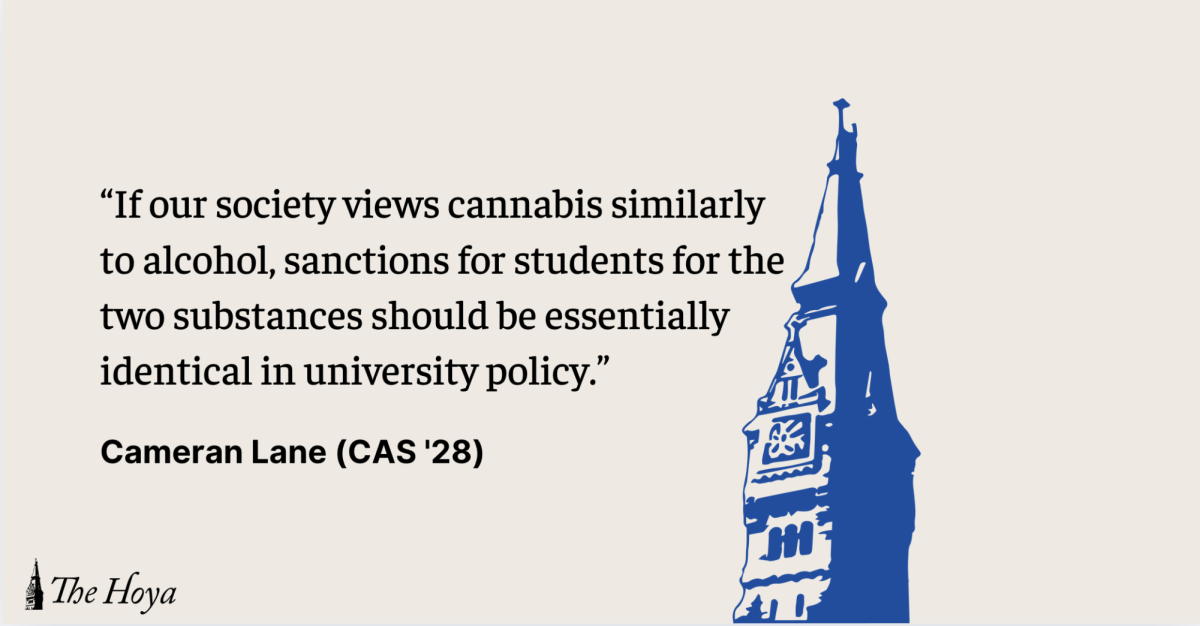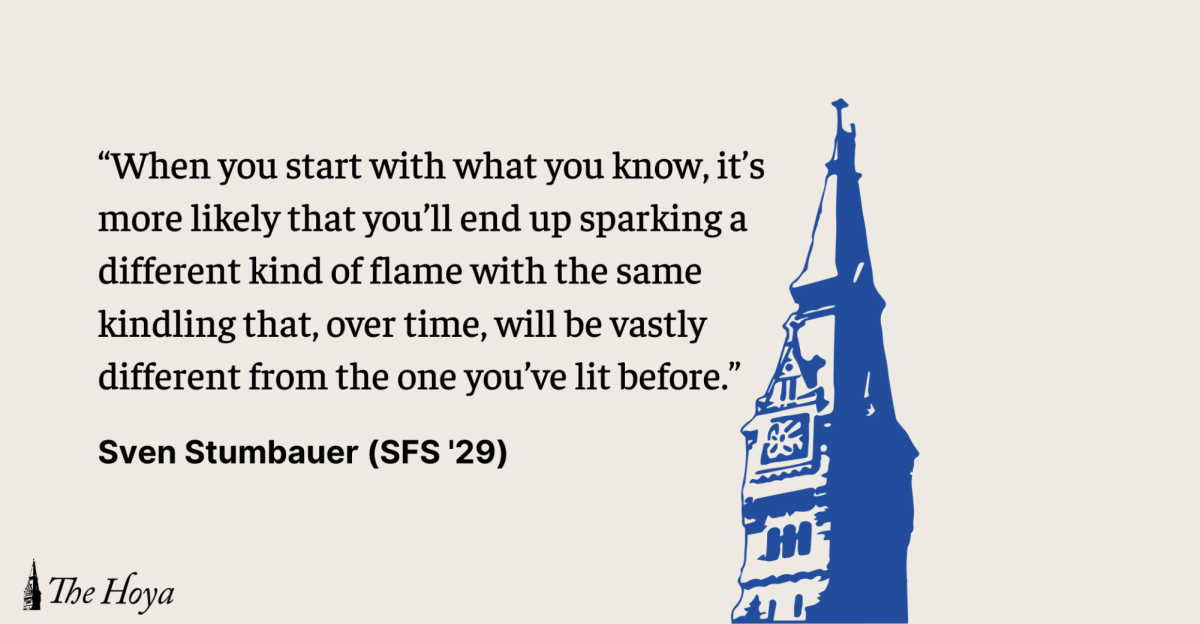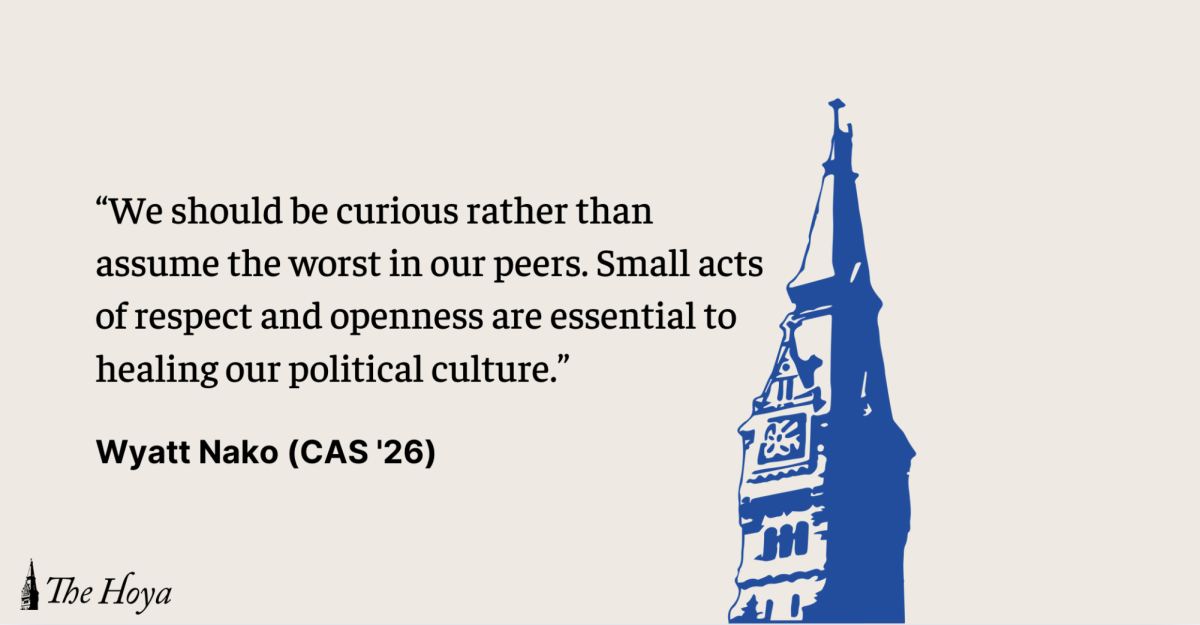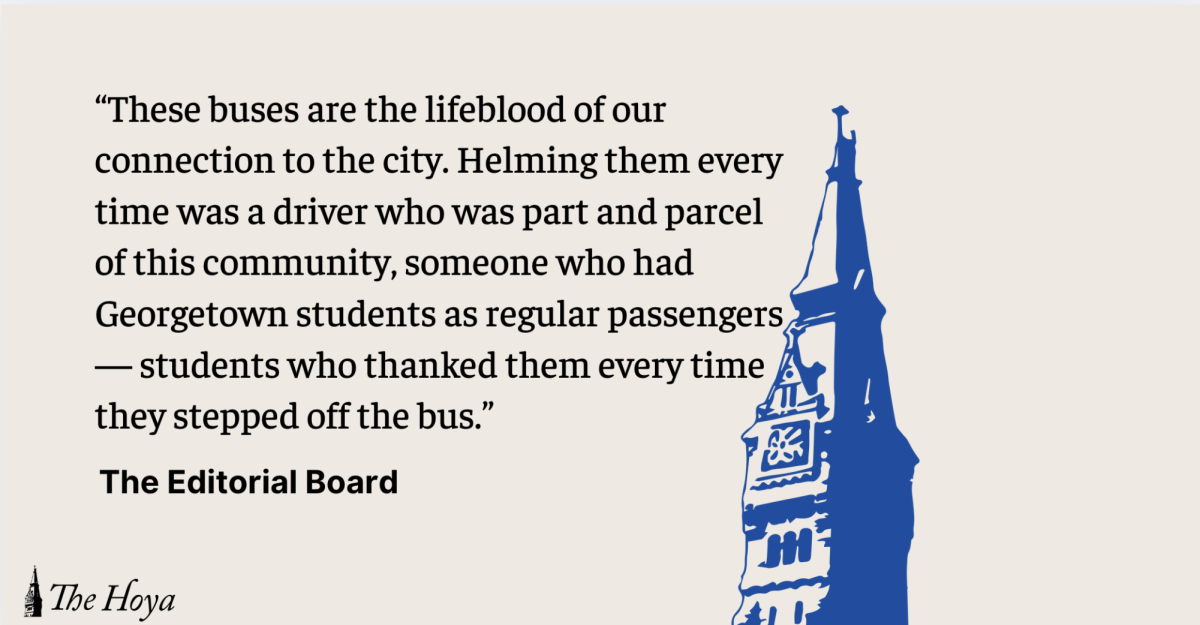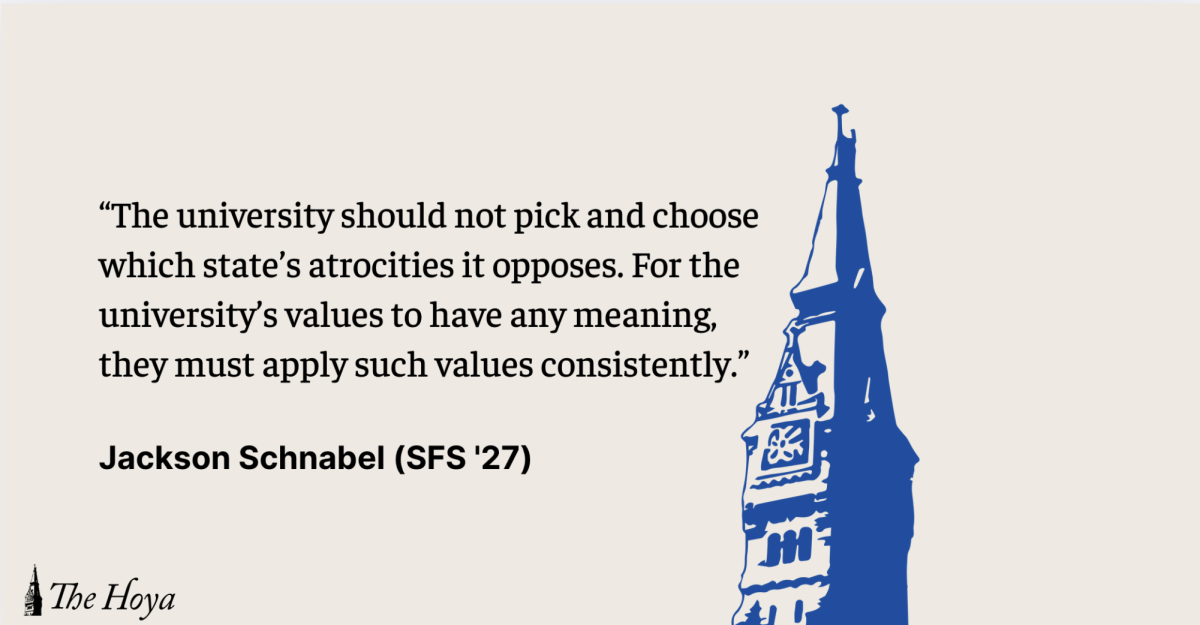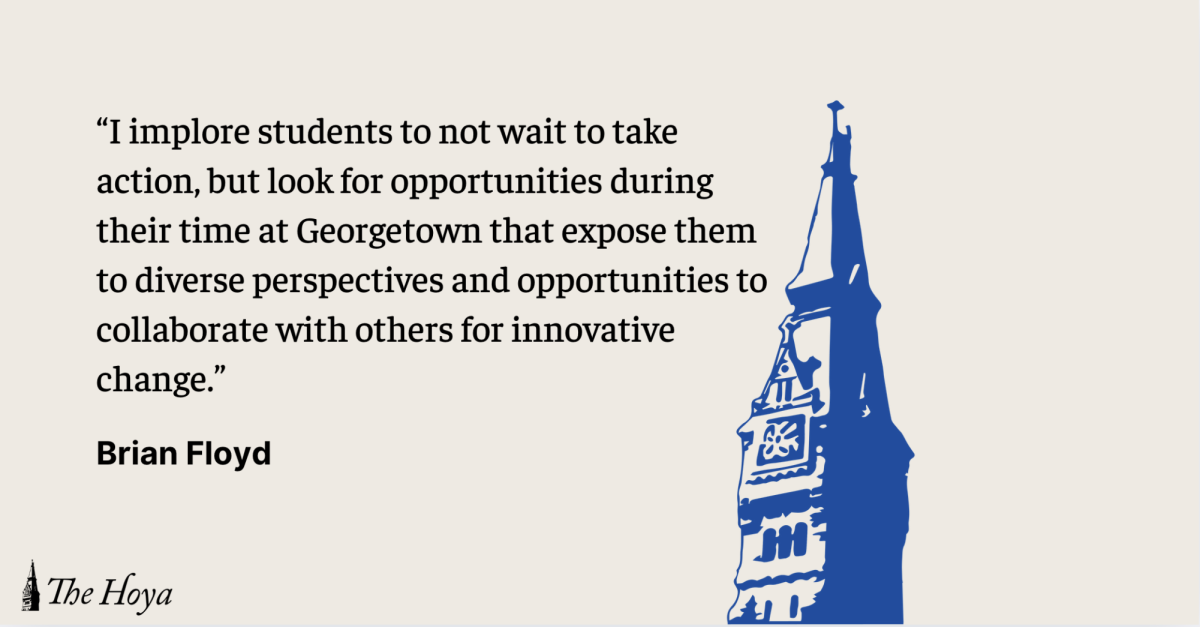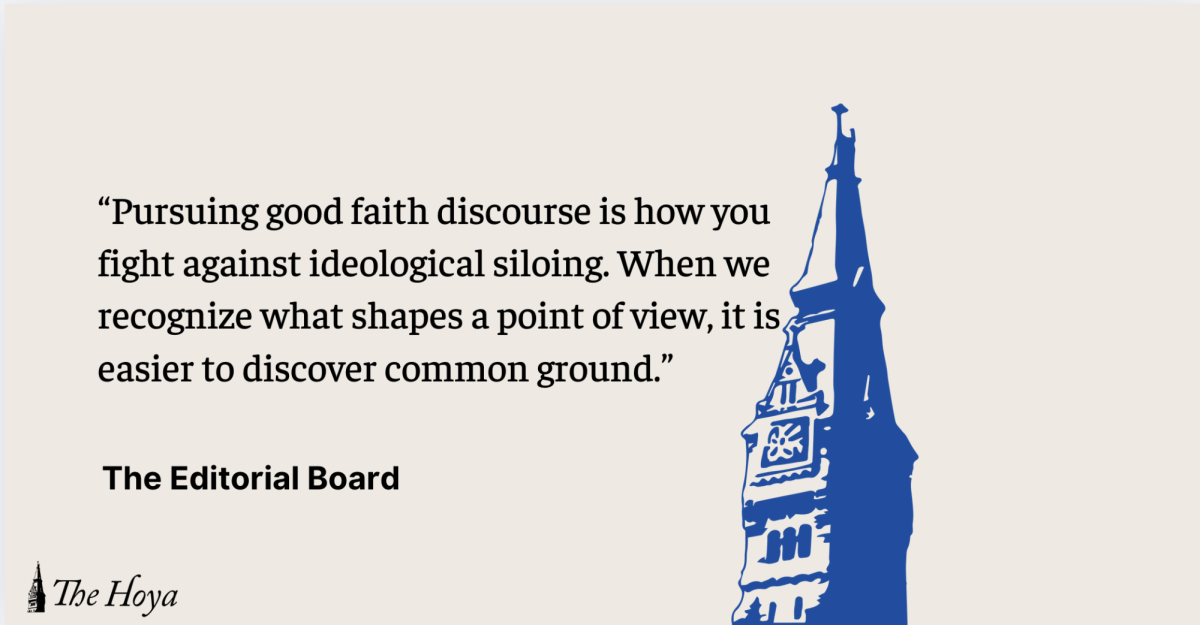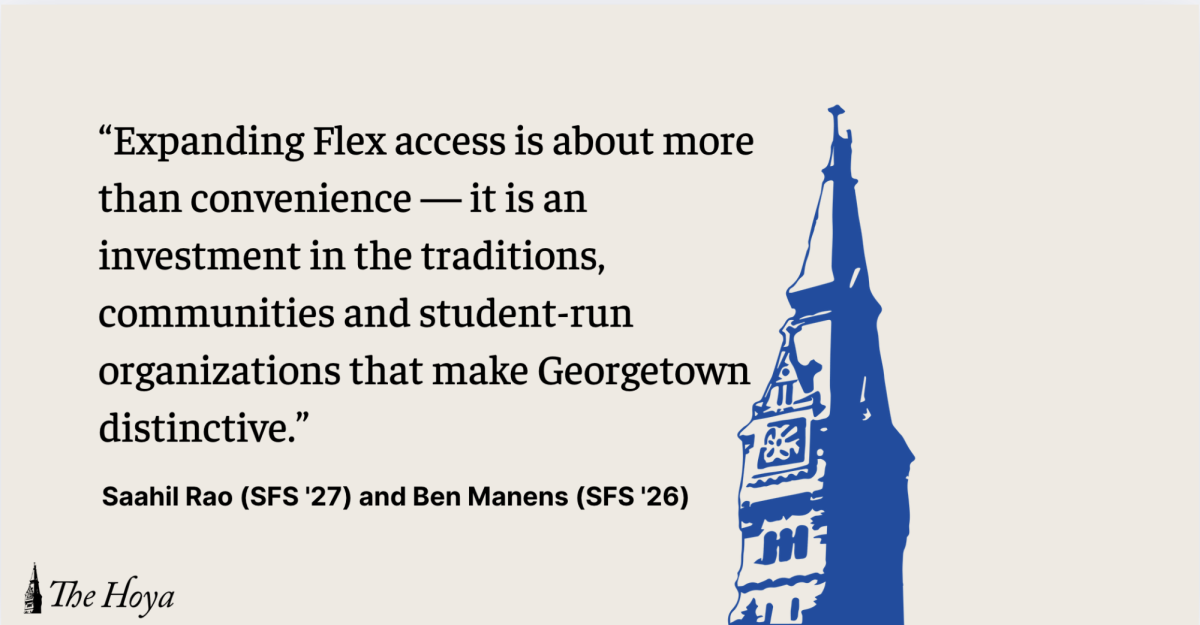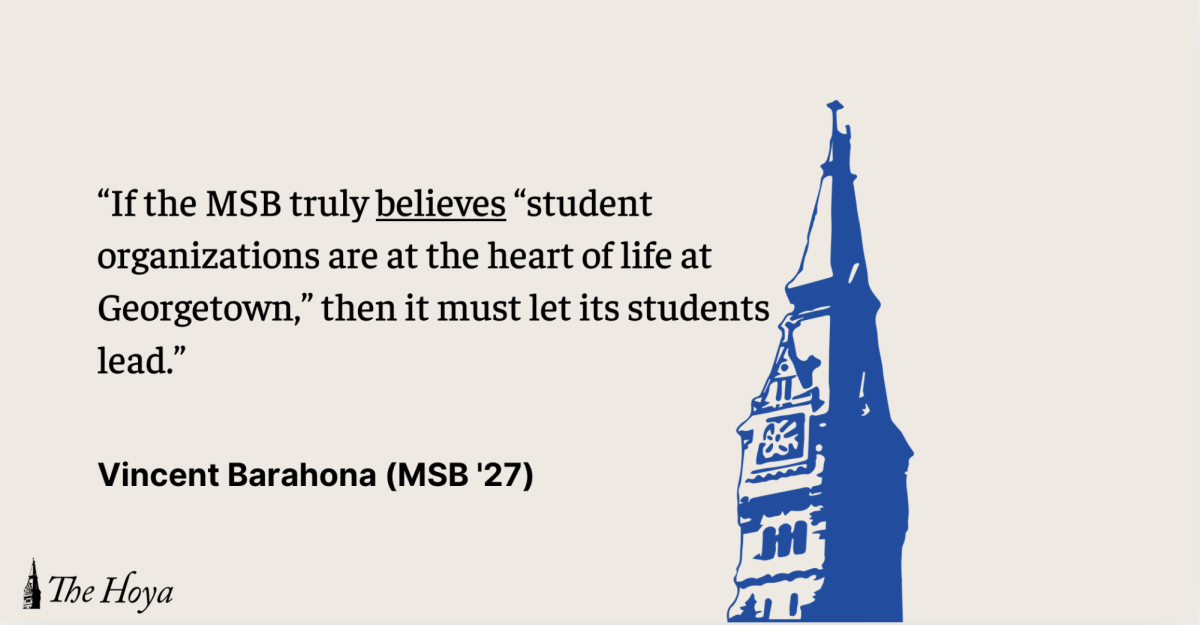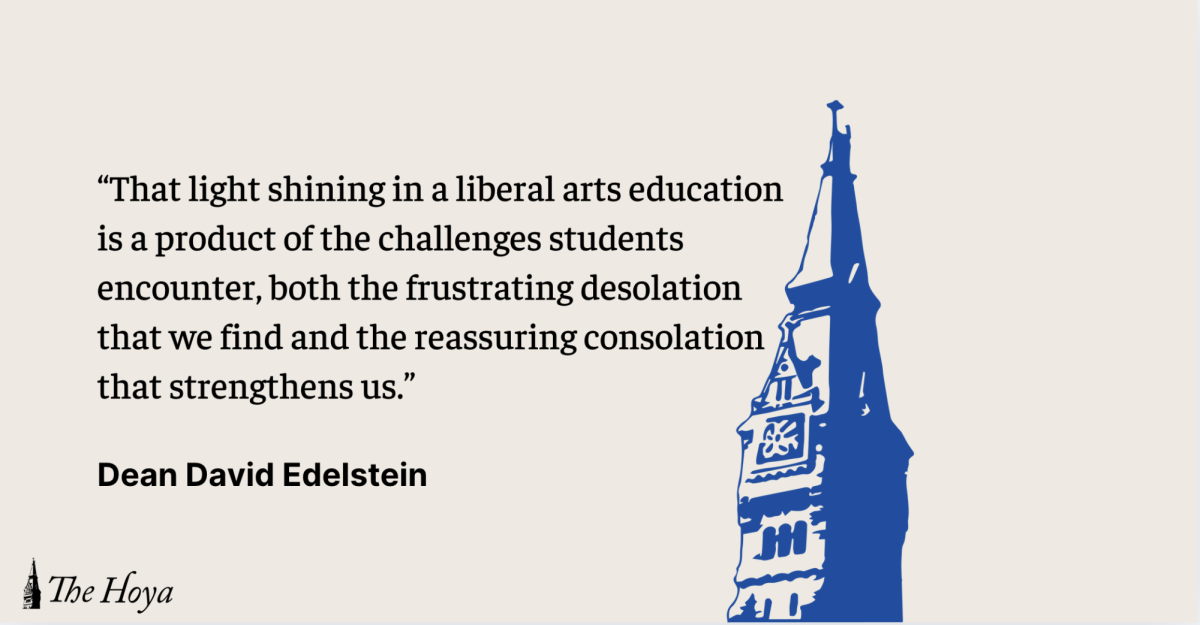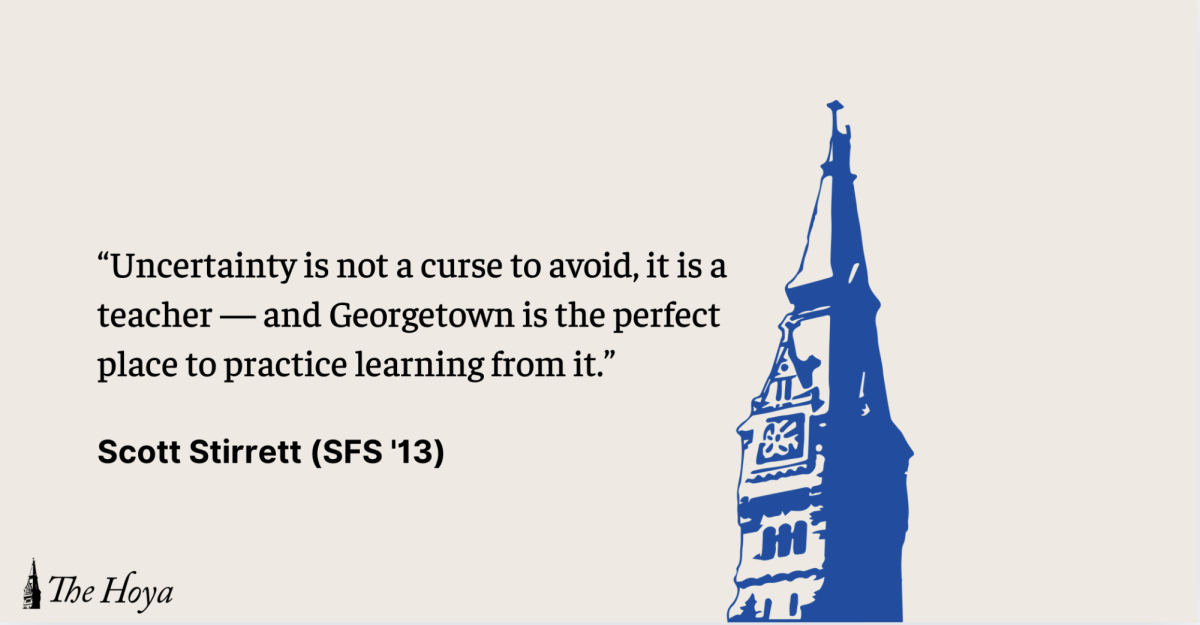In high school, theater was the outlet where I found the most joy, relishing in the ways that it was built to amuse audiences and offer an escape from reality. At the time, I didn’t realize that considering theater as nothing more than a hobby did a disservice to its potential as a vehicle for social justice. Later on, when looking for projects that would assist me in the journey of discovering the relationship between performance and activism, I came across the productions of Professor Anita Gonzalez and Georgetown University graduate Mélisande Short-Colomb (CAS ’21).
I spoke with Gonzalez, a professor of performing arts and African American studies at Georgetown and one of the co-founders of the Georgetown Racial Justice Institute (RJI), an interdisciplinary research hub, as well as with Short-Colomb, a descendant of the GU272+, a group of 314 enslaved people sold in 1838 to rescue Georgetown from bankruptcy, and creator of a one-person show about her history. I came to understand that for both of them, theater is not just entertainment; it is a way to honor untold stories, engage in multicultural conversations and protest injustice.
As the head of The Woodshed Center for Art, Thought, and Culture — a research center within the RJI that brings together artists, scholars and activists — Gonzalez works to promote racial justice through storytelling. For her, the theatrical space has been a way to tell stories about the Black experience that have been excluded from traditional narratives. Gonzalez notes that musicals that center minority communities tend to over-dramatize their struggles or spend the entire plotline explaining to audiences what it means to be part of that minority group. In Gonzalez’s chamber musical “Zora on My Mind,” the spectacularly imagined character of Key rebels against the narrative’s attempts to manipulate her into a more exciting storyline, instead asking if she can “just sit.” By resisting common tropes, Gonzalez protests a society that cannot sit with Key as she explores her Blackness in ordinary life.
My conversation with Gonzalez allowed for an enlightening realization that I had been limiting myself when it came to understanding the methodologies available for expressing cultural diversity and promoting multicultural conversations. As someone who is passionate about similar missions to Gonzalez — ones that involve advocating for minority rights and creating spaces for education — I was satisfied with my conclusion that I was choosing “boring” ways to carry them out. Gonzalez has leaned into these creative avenues of fighting for what matters to her, ultimately revitalizing the discussion around topics that often feel so heavy. According to Gonzalez, theater can help us create an energetic and meaningful environment of interdependence and support.
The initiatives that Gonzalez is a part of at Georgetown are particularly important to her because of how they involve us students as we navigate a period in our lives where we are untethered to the comfort of home and forced to either reinforce or redefine our belief systems, allowing for a vulnerability that is conducive to growth. We should take full advantage of our youth to expand our worldview, challenge the ways that we are used to approaching different aspects of society and learn from our professors both in and out of the classroom.
This journey of learning and expression is not constrained to our adolescent years, however — Short-Colomb is an inspiring example of how opening our minds and encouraging others to do the same can be a lifelong mission. As a descendant of the GU272+ who enrolled at Georgetown in 2017 at age 63, Short-Colomb has a unique understanding of the power of theater. In her original experiential performance, “Here I Am,” produced at Georgetown’s Laboratory for Global Performance and Politics, Short-Colomb explores the lives of her ancestors and her complicated relationship with Georgetown as an institution. She explained that this project has always been a dream of hers, as she is able to use it to share her love for the women in her life and their stories.
“We silo theater in the same way that we silo history, but in an interdisciplinary way, it’s all connected,” Short-Colomb told me.
After I stopped waving off theater and history as being unrelated, I came to understand that it was my responsibility to recognize the connectedness between them. Both Gonzalez’s “Zora on My Mind” and Short-Colomb’s “Here I Am” uniquely seek to tell the generational stories of their communities and families. As the consumers of art, we are given the power to listen to voices like Gonzalez’s and Short-Colomb’s which seek to tell stories that illuminate a broader historical context.
When we observe these personal experiences, we can come to understand our positionality. As students of Georgetown University, we are the inheritors of the labor of the GU272, and Short-Colomb offers a way for us to accept this history and look critically into the corners we too easily look away from. Similarly, Gonzalez forces us to reflect on the storytelling tropes we have unconsciously absorbed and encourages seeking out works that go beyond them.
Theater is more than entertainment: It is storytelling, protest and an unapologetic way of offering up one’s history. We must determine what these creations mean to us, but that can only be achieved through first acknowledging the power of the methodologies that trailblazers like Short-Colomb and Gonzalez use, even if it feels unfamiliar. Such unfamiliarity can scare us out of trying, but what I have come to understand is that theater exists outside the binary of what is right and wrong. It is about experience and conversation.
“Because with art, you don’t know the answer,” concluded Gonzalez.
Mansi Peters is a sophomore in the College of Arts & Sciences. This is the first installment of her column, “Activism Through Art.”


